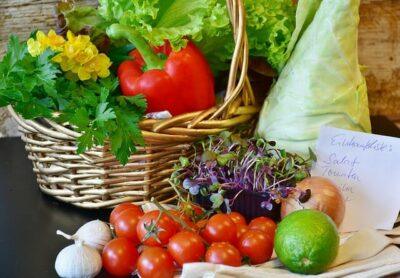Each growing season brings a new opportunity to create a fantastic garden, but every year also brings its own learning opportunities and challenges.
The best way to make the most out of these challenges is to remember them so that you don’t make the same mistakes.
This year, consider keeping a gardening journal. Here are six reasons why you should do so:
1. Track specific time frames
Wouldn’t it be great if you knew the exact date past frosts happened in your yard? By writing down when the growing season started and ended in the area you care about most, you can optimize the amount of time you have for growing plants.
Need Non-GMO Seeds? Get The Best Deals Here!
This can be especially important if you live in a climate that experiences drastic differences between seasons, like summer and winter.
2. Track temperatures
Along with tracking specific time frames in your area, you also can log daily temperatures. That way, you can see patterns over various growing seasons and be able to figure out correlations between specific temperature patterns and harvests (whether good or bad).
3. Track plant production
Track how certain plants do and how fast they grow (such as the time from planting to harvest). Create a page for each type of plant you grow and keep notes about anything related to this plant, including specialized details about the plant.
4. Track soil issues
You may find that the soil in your garden reacts differently at various points during the growing season. Keep track of the dates when you add compost, and write down the watering patterns and how dry or wet the soil is. This helps you see the “broad picture” so you can learn how plants react to different levels of watering and fertilization.
5. Track your garden plot
Most of us don’t have an unlimited space for gardens, which means we must pick and choose which plants we want to grow.
Seamazing: The Low-Cost Way To Re-mineralize Your Soil
Use your journal to map out the space you have and where you plan to grow specific vegetables in the garden. That way, you can plan next year’s garden based on what happened this year, without guessing from a faulty memory.
6. Track local seed swaps and community events
There may be people in your community who grow plants you haven’t thought of growing or have the room to grow. You can meet people in your area who share your passion for gardening, and perhaps even get some tips and tricks from them.
There isn’t a formula or exact method to creating a creating a gardening journal, so make it work for you and ensure you get the most out of it. Let it grow and bloom into something beautiful.
Have you ever kept a gardening journal? Share your tips in the section below:
 Off The Grid News Better Ideas For Off The Grid Living
Off The Grid News Better Ideas For Off The Grid Living





